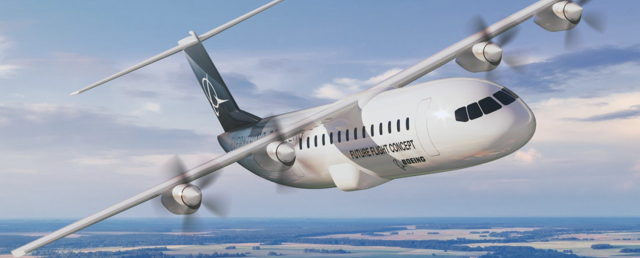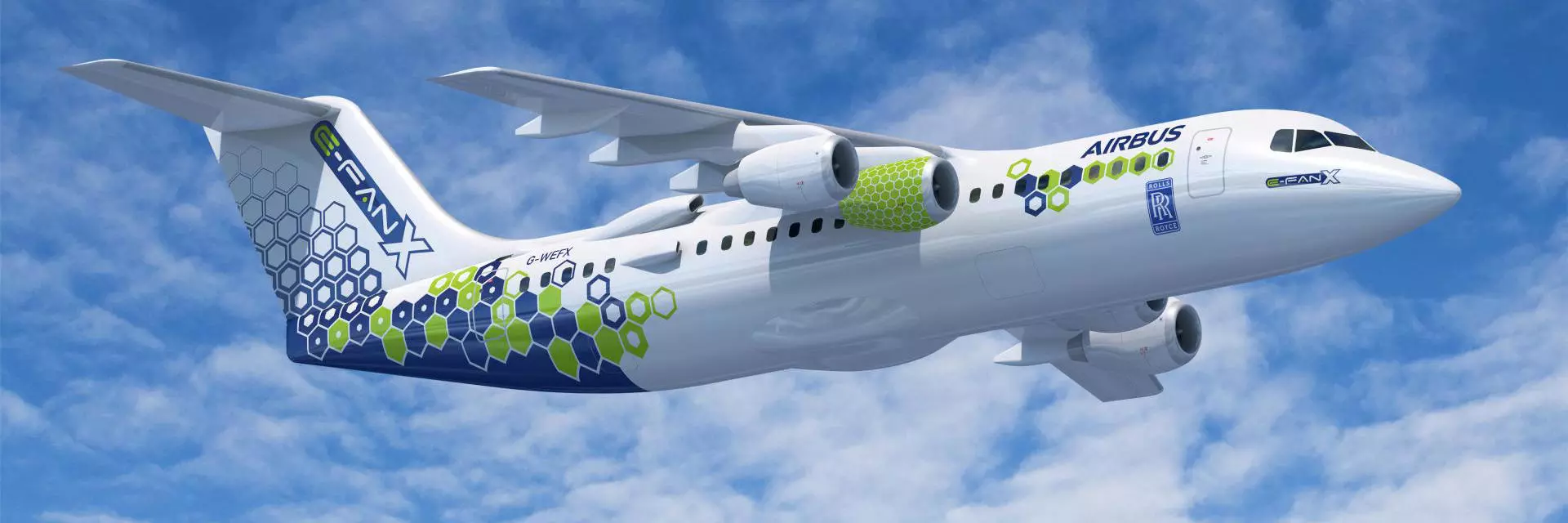Electric airplanes are still in their early stages of development, but they have the potential to revolutionize commercial aviation in the coming years. Electric planes offer a number of advantages over traditional fossil fuel-powered planes, including lower operating costs, reduced emissions, and quieter operation.
One of the biggest advantages of electric planes is that they are much cheaper to operate than traditional planes.
Electric planes do not need to purchase expensive jet fuel, and their electric motors are much simpler and less expensive to maintain than gas turbine engines. This could lead to significant savings for airlines and passengers alike.
Another advantage of electric planes is that they produce zero emissions. This is a major benefit for the environment, as the aviation industry is a significant contributor to climate change. Electric planes could help to reduce the aviation industry’s environmental impact and make air travel more sustainable.
Electric airplanes are also much quieter than traditional planes.
This is because electric motors produce much less noise than gas turbine engines. This could make electric planes more attractive for use in urban areas, where noise pollution is a major concern.

Electric Airplanes – Boeing
Of course, there are also some challenges that need to be addressed before electric planes can be widely adopted in commercial aviation. One challenge is the development of batteries that are powerful enough to power large commercial planes for long distances. Another challenge is the development of charging infrastructure that can quickly and efficiently charge electric planes.
Despite these challenges, there is growing interest in electric airplanes from both airlines and aircraft manufacturers. A number of companies are developing electric planes, and some airlines have already placed orders for these planes. It is expected that the first commercial electric planes will enter service within the next few years.
The future of commercial aviation is likely to be dominated by electric planes. Electric planes offer a number of advantages over traditional fossil fuel-powered planes, including lower operating costs, reduced emissions, and quieter operation. As battery technology improves and charging infrastructure is developed, electric planes will become more and more attractive for airlines and passengers alike.
Both major manufacturer, Airbus and Boeing, have ongoing test, developments and discussions about future of Electric Airplanes.
Here are some specific ways in which electric airplanes could impact future commercial aviation:
- New routes and services: Electric planes with shorter ranges could open up new routes and services to smaller cities and communities. This could make air travel more accessible to more people and boost regional economies.
- More frequent flights: Electric planes with lower operating costs could enable airlines to offer more frequent flights on existing routes. This would make air travel more convenient for passengers and businesses.
- New types of aircraft: Electric propulsion could enable the development of new types of aircraft, such as electric vertical take-off and landing (eVTOL) vehicles. These vehicles could be used for short-haul flights within cities and between cities and suburbs.
Overall, electric airplanes have the potential to revolutionize commercial aviation in the coming years. By offering lower operating costs, reduced emissions, and quieter operation, electric planes could make air travel more accessible, convenient, and sustainable.


0 Comments